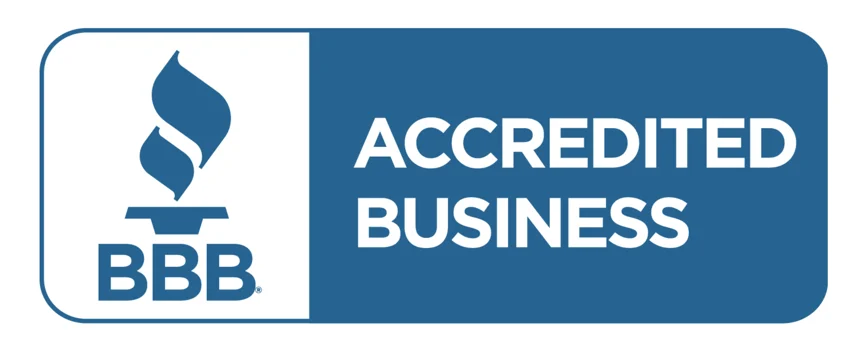Selling a home that needs minor work can be a challenging decision. You may be asking yourself, “Should I sell it as is or make repairs before putting it on the market?” Before making a final decision, it’s important to ask yourself some important questions to ensure that you are making the best choice for you and your family. In this blog, we’ll explore seven questions you should ask yourself before selling your home if it needs minor work done.
What Repairs Does My Home Need?
The first step in selling your home that needs minor work is to identify what repairs are necessary. This may include things like fixing a leaky faucet, replacing a broken window, or repainting a room. Once you have a list of necessary repairs, you can determine how much time and money you’ll need to invest in getting your home ready for the market.
Can I Afford to Make the Repairs?
While making repairs to your home may increase its value, it’s important to consider the cost of the repairs and whether or not you can afford to make them.
If the repairs are minor and you have the time and skills to make them yourself, you may be able to save some money. However, if the repairs are extensive, it may be more cost-effective to sell your home as is.
What Is the Market Like in My Area?
It’s important to understand the real estate market in your area before putting your home on the market. If the market is strong and there are many buyers looking for homes in your area, you may be able to sell your home as is and still receive a good offer. However, if the market is slow and there are many homes for sale, you may need to make repairs to your home to make it more attractive to potential buyers.
What Is the Condition of Other Homes in My Neighborhood?
It’s also important to consider the condition of other homes in your neighborhood. If most of the homes in your neighborhood are in good condition and have been recently updated, you may need to make some repairs to your home to make it more competitive.
However, if most of the homes in your neighborhood are in a similar condition to yours, you may be able to sell your home as is.
How Much Can I Realistically Sell My Home For?
Before putting your home on the market, it’s important to understand how much you can realistically sell it for. This will depend on factors like the condition of your home, the real estate market in your area, and the prices of similar homes in your neighborhood. You can work with a real estate agent or use online tools to get an estimate of your home’s value.
How Quickly Do I Need to Sell My Home?
If you need to sell your home quickly, you may not have the time to make repairs before putting it on the market. In this case, it may be better to sell your home as is and price it accordingly. However, if you have some time to make repairs, you may be able to sell your home for a higher price and attract more potential buyers.
What Are My Priorities?
Ultimately, the decision to make repairs or sell your home as is will come down to your priorities. If you prioritize getting a quick sale, selling your home as is may be the best option. However, if you prioritize getting the best possible price for your home, making repairs may be the way to go.
If you choose to sell your home as is, you may want to consider working with a real estate investor. Investors are experienced in buying homes that need work and can often close a deal quickly. They will typically make an offer on your home in its current condition, allowing you to avoid the cost and hassle of making repairs.
In Conclusion:
Selling a home that needs minor work can be a smart decision if done properly. By asking yourself these seven questions, you can determine whether selling your home as is or making repairs is the best choice for you.
Regardless of the path you choose, it’s important to work with a professional real estate agent or investor who can guide you through the selling process and help you achieve your goals. With a little planning and preparation, you can sell your home and move on to the next chapter of your life with confidence.
Contact Hometown Development and start inquiring on how to sell your home in West Michigan today!
















